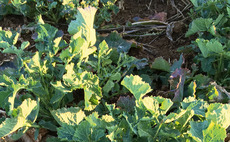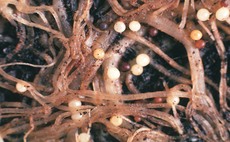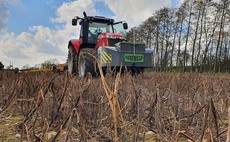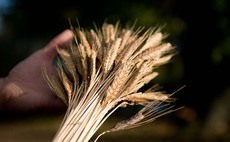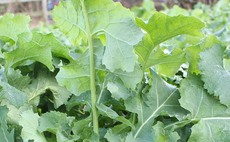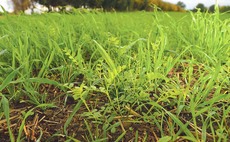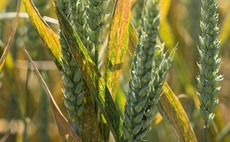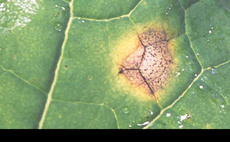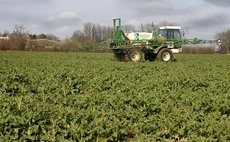Arable Farming
Arable
Defra has today approved an emergency temporary authorisation for the use of the seed treatment, Cruiser SB (thiamethoxam) on the 2022 sugar beet crop in England only, due to the risk from virus yellows.
Arable
With a focus on agroecological food production, this year’s Oxford Real Farming Conference discussed the latest research on low input crop management.
Arable
With a focus on agroecological food production, this years Oxford Real Farming Conference discussed the latest research on low input crop management.
Arable
Spring oat screenings and hulling losses can be influenced by a number of factors, from weather to genetics, but there are a number of agronomic elements that can improve grain quality.
Arable
With a focus on agroecological food production, this year’s Oxford Real Farming Conference discussed the latest research on low input crop management.
Arable
Most oilseed rape crops went into winter noticeably better developed than the past three seasons. However, some crops were a little too well-developed, raising winter survival and spring canopy management concerns.
Arable
Farmers in the Midlands have until January 31 to apply for up to £10,000 of match funding to help make business improvements that protect water and the environment, as part of the Severn Trent Environmental Protection Scheme
Arable
The UK Cereal Pathogen Virulence Survey (UKCPVS) has released its annual update on the varietal resistance of young winter wheat plants to yellow rust.
Arable
A variety of the fungus that causes phoma on oilseed rape and other brassicas has been discovered in Europe for the first time, at sites in southern England and Northern Ireland.
Arable
Oilseed rape crops are well set for winter, according to the findings of a recent survey.

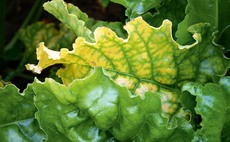
 14 January 2022
•
2 min read
14 January 2022
•
2 min read
